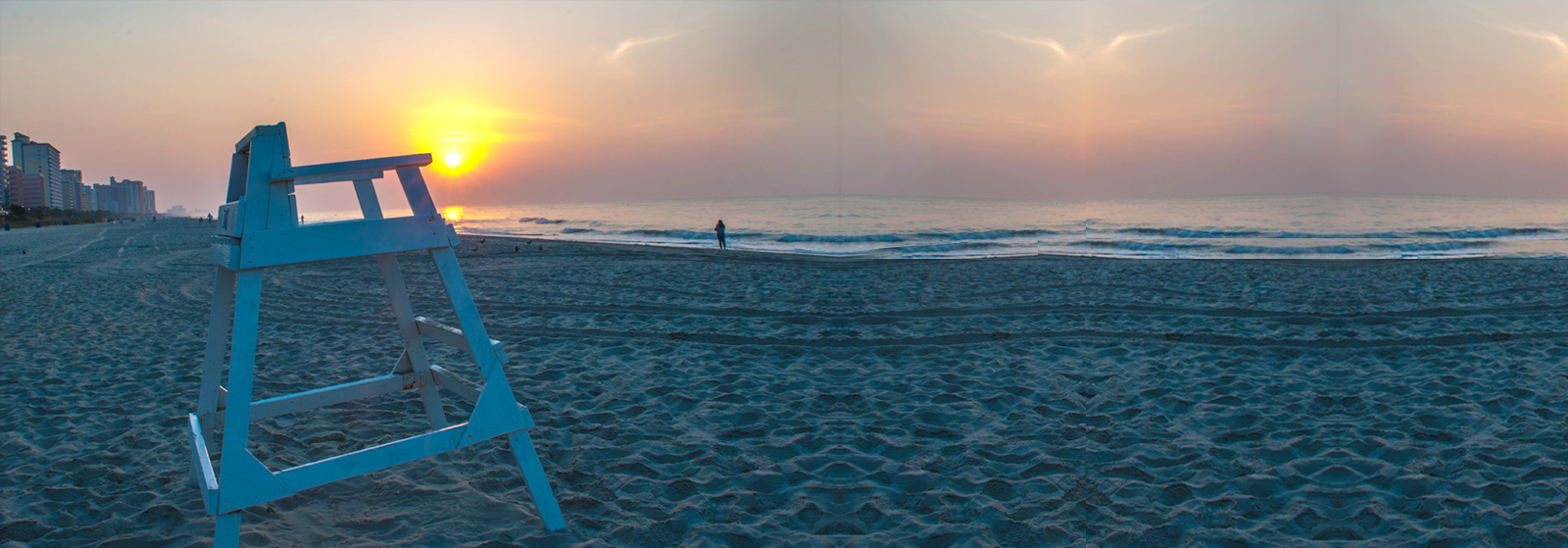

February 17, 2023 Water Safety
Who does not love playing in the water? Playing in water is fun but can also be dangerous, especially for small kids if they are unaware of the school water safety rules in WA.
Death and injury from drownings can happen anywhere: at home pools, in bathtubs, at the beach, lakes, rivers, streams, or even in buckets.
Preschool children can even get into much trouble about water if not supervised or left unattended near water bodies.
Here are some expert tips from the best aquatic safety training academy. Following these will reduce the chances of any accidents related to water.
Looking away for your child to get into trouble in the water only takes one second. An amazing aquatic safety training tip is giving your child undivided attention when in or around the water. Drowning can occur in a matter of seconds and often silently.
Always keep your child within reach while in the water. Teach them school water safety rules in WA.
Knowing how to perform CPR is great when taking kids out for activities, including swimming and playing in the water. Learning to perform CPR from a certified aquatic safety training academy is a good idea.
Babies as young as four months can learn swimming skills. Teaching your child to swim and follow water safety rules in WA keeps them safe around water. Always be nearby and keep a close watch on them while they swim.
If a child does not know how to swim, teach him to wear a life jacket when in the water and understand the concept of water safety in WA. Pool floaties give children a false sense of security; hence, life jackets are the best options for kids, whether in a pool, lake, or ocean.
Teach kids always to be accompanied by someone in the water as an important water safety rule in WA. Swimming alone can be unsafe and dangerous and can lead to drowning. An adult should always be present in the water with the child.
The experts from the aquatic safety training academy suggest that if you find a child missing, check the water first. Knowing every second is important in preventing death or disability. Some other tips to act fast during a water emergency are:
As Preschoolers advance, they develop enough independence to dress, feed, and even toilet themselves. Yet they still require guidance and supervision from their parents or caregivers to stay safe. School water safety WA awareness plays an important role in establishing a secure environment around water.
Make children aware of water safety and competency to create a safe learning environment while enjoying the fun. Teaching swimming skills, being water smart, and assisting others in water activities makes water activities safer and just as much fun. Contact West Coast Water Safety to learn more about aquatic safety training practices.